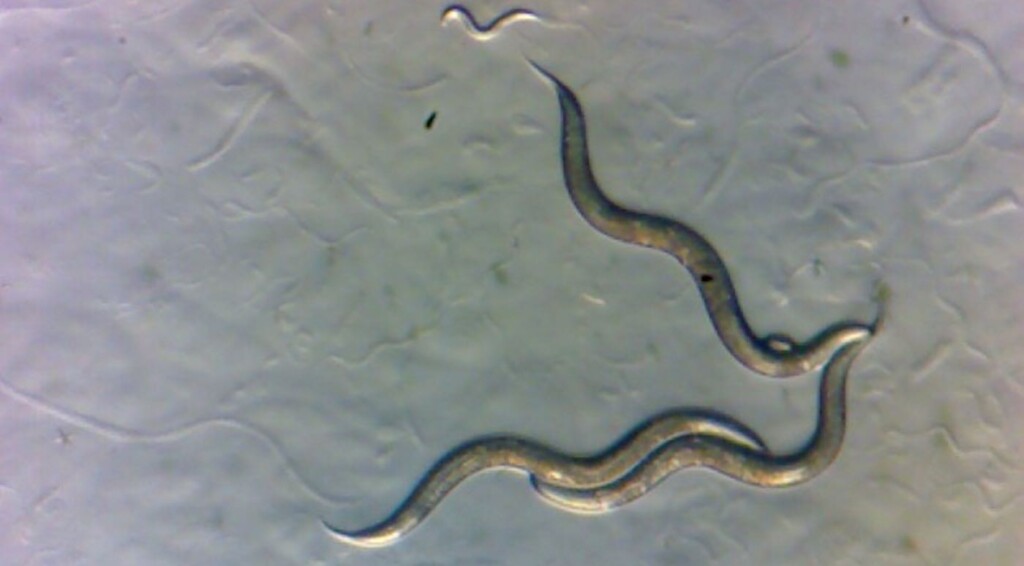
New Delhi, (IANS): A team of US scientists showed that Artificial Intelligence (AI) can help detect early larynx or voice box cancer from the sound of the patient’s voice.Cancer of the voice box is an important public health burden. In 2021, there were an estimated 1.1 million cases of laryngeal cancer worldwide, and approximately 100,000 people died from it.Risk factors include smoking, alcohol abuse, and infection with human papillomavirus.The prognosis for laryngeal cancer ranges from 35 per cent to 78 per cent survival over five years when treated, depending on the tumour’s stage and its location within the voice box.Now, researchers from the Oregon Health & Science University showed that abnormalities of the vocal folds can be detected from the sound of the voice using AI.Such ‘vocal fold lesions’ can be benign, like nodules or polyps, but may also represent the early stages of laryngeal cancer.These proof-of-principle results open the door for a new application of AI: namely, to recognise the early warning stages of laryngeal cancer from voice recordings, said the team in the paper published in the journal Frontiers in Digital Health.“Here we show that with this dataset we could use vocal biomarkers to distinguish voices from patients with vocal fold lesions from those without such lesions,” said Dr Phillip Jenkins, postdoctoral...




